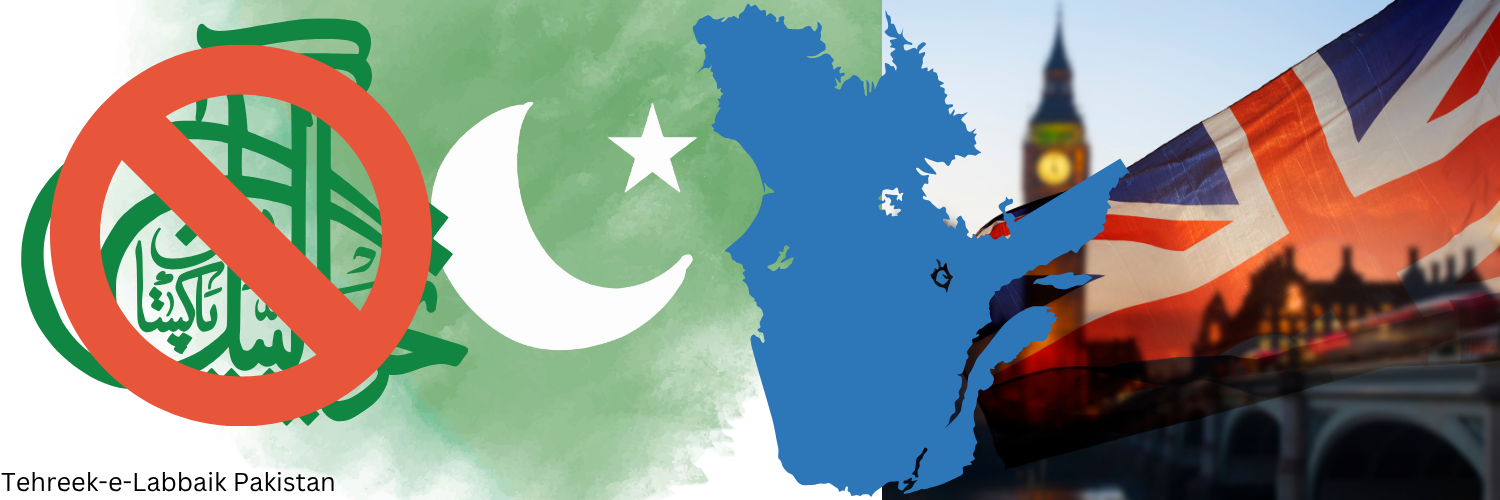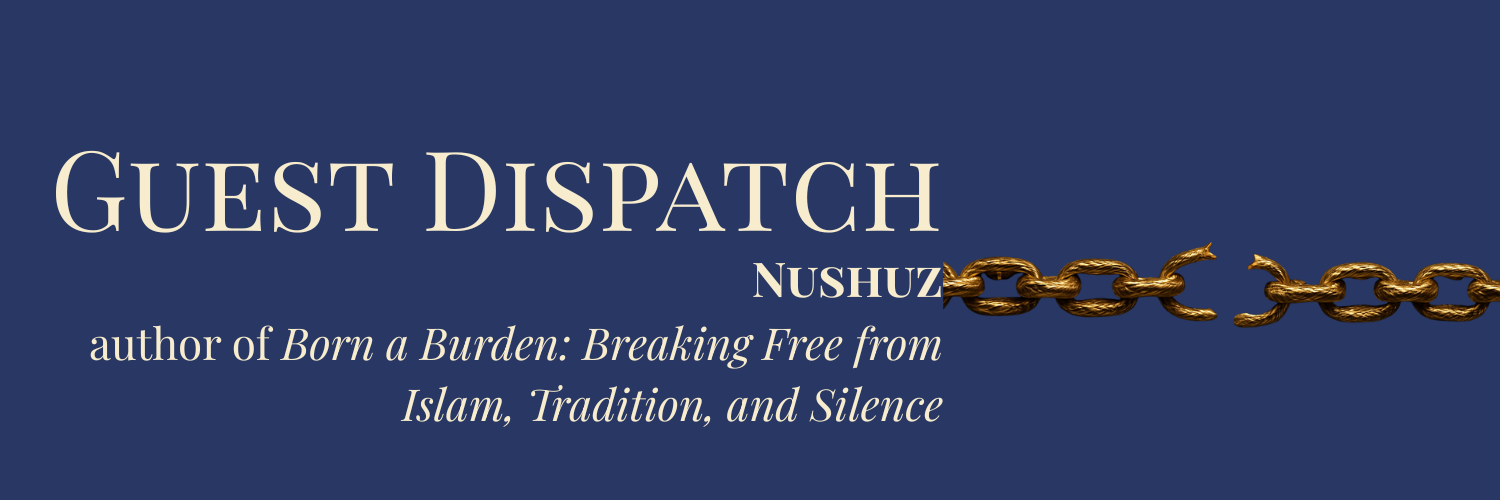Happy November, Dissenters
This week’s Unbelief Brief surveys three developments where religion meets policy. Pakistan has once again banned the hardline Islamist party TLP—though history suggests this may not last. In Quebec, a new law reinforces the province’s secular identity, even extending restrictions to private schools. And in the UK, the Labour government signals a long-overdue shift from “Islamophobia” toward the clearer term “anti-Muslim hate.”
We also feature another Guest Dispatch exploring Islam’s relationship with adoption, just ahead of World Adoption Day on November 9.
Unbelief Brief

In a reversal from 2021, Pakistan has once again banned the hardline Islamist Tehreek-e-Labbaik (TLP) political party. Prime Minister Shehbaz Sharif attributed the ban to the movement’s “violent and terrorist activities.” This is not the first time the staunch anti-blasphemy party has been banned: this also occurred in 2021, again in response to violent protests for which the party was responsible. But that fizzled out quickly: the party was unbanned just months later, allowed to operate with the stipulation that the party’s members must not engage in violence. It seems they just couldn’t help themselves.
Whether this ban will hold is questionable. Religious extremism in Pakistan is endemic, and extrajudicial violence against those accused of blasphemy is incredibly common. The pressure on the state to appease extremists almost certainly factored into the 2021 ban’s removal. It seems, however, that the party’s continued violent activities may have left state officials feeling they had little choice but to clamp down once again. TLP leadership, for their part, called the new ban a “serious attack on the Constitution of Pakistan, democratic values and fundamental human rights.” Coming from defenders of vigilante murder, it’s hard to take this moral stance seriously.
In Quebec, the government is looking to strengthen the province’s secular character. A new law prohibiting the display of religious symbols (including clothing) by anyone “who interacts with students in schools” has passed. Another component of the law “prohibits students from wearing face coverings.” These provisions apply to both public and private schools. (The government is additionally seeking to ban religious symbols from daycare centers as well.)
Reasonable people may argue that some of the new law’s provisions go too far. Even schools’ custodial staff cannot wear religious clothing such as head coverings, according to its stipulations. Likewise, there is room for disagreement on whether the provisions should apply even to private schools. But the Quebecois, like their counterparts in Europe, are clearly very serious about church-state separation. We in the US could probably stand to learn from them.
Lastly: the UK’s Labour government is reportedly opting to abandon its endeavor toward a formal definition of “Islamophobia.” A new definition will instead apply the term “anti-Muslim hate.” This is a direct solution to the fact that the term “Islamophobia” conflates criticism of Islam with hateful acts against Muslims. EXMNA has long argued that the term “anti-Muslim bigotry” should be used instead. (We would argue that “bigotry” or “bias” are more precise and suitable terms than “hate,” but this is a relatively minor quibble.)
If Labour follows through on this change (and that is still an “if”), it will be a welcome and very praiseworthy act. It would hopefully also serve as a signpost for reporters, journalists, and politicians in the US. This conversation is even more important in the context of Zohran Mamdani’s victory in the New York City mayoral election. The wrongheaded concept of “Islamophobia” is receiving more attention now than perhaps any time in the last decade; we should be discussing the very real problem of anti-Muslim bigotry instead.
Guest Dispatch

Outside the Family Tree: How Sharia Keeps Children Stateless
Hundreds of Afghan children orphaned by the 2023 earthquake will likely be barred from permanent families, as happened after Pakistan’s 2005 quake and Indonesia’s 2004 tsunami. Meanwhile, thousands of children remain stateless in Syria because nationality laws privilege paternal lineage over maternal bonds.
What keeps hurting these children is a seventh-century legal theology organized around lineage and male desire. In pre-Islamic Arabia, tabannī allowed full adoption. When that tradition was erased during the episode surrounding Zaynab bint Jahsh and Muhammad, it didn’t only strip Zayd of Muhammad’s name; it set a template that made children depend on optional mercy instead of the security of a legal family.
World Adoption Day (November 9) celebrates permanent, loving families. Yet in much of the Muslim world, “adoption” has been replaced by kafala: a form of guardianship. The technical difference reshapes a child’s entire life.
What kafala means in practice:
Names and belonging: no family name change, and often stigma when parentage is “unknown.”
Financial security: no automatic inheritance, but reliance on discretionary wills that can be contested.
Puberty and the home: non-mahram rules at adolescence continue to reinforce the taboo against adoption.
Borders and papers: immigration systems recognize adoption, not kafala, leaving many families in bureaucratic limbo.
There are bright spots. Turkey under civil law permits adoption that creates legal filiation. This change arrived through secular statutes that center the child, not by stretching rules built for another era. But they remain the exception. Elsewhere, doctrine and stigma still outrun reform, and children age out of institutions instead of growing up in families.
I explore how this plays out in real lives in my ongoing pieces on Medium and Substack and in my book Born A Burden, which documents what these rules mean for families today.
World Adoption Day is for celebrating families. It’s also the right day to ask why so many children are still kept just outside of one.
Until next week,
The Team at Ex-Muslims of North America
P.S. We’d love to hear from you! Share your feedback at [email protected].
